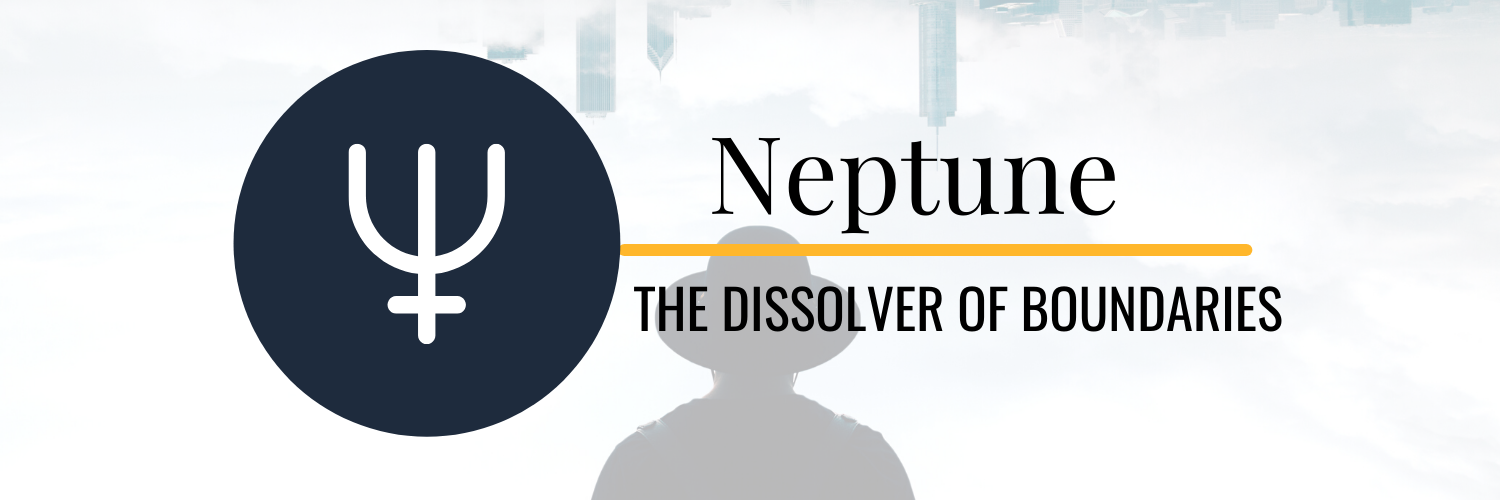About Neptune
Illusive Neptune was the first planet officially discovered by its gravitational effects on the orbit of another planet. Its 165-year orbit is about twice as long as that of neighboring Uranus.
In other words, we could sense Neptune before anyone could see him.
English astronomer John Couch Adams and French astronomer Urbain Jean Leverrier both documented sightings of Neptune in 1846. And so both England and France claimed the right to name it. Eventually, a German astronomer stepped in with the compromise name Neptune, the brother of Jupiter.
The Meaning of Neptune in Astrology
Like the other “invisible” outer planets, Neptune’s associated with processes that move us beyond the physical.
Dreamlike and nebulous, Neptune’s a planet of the place of “no boundaries,” or even “non-being.” His action idealizes, spiritualizes, and fantasizes.
Where Neptune is, we might be called to sacrifice, relinquish, let go, surrender, resign oneself to, submit, or forsake.
He seeks dissolution, intoxication, escape, or to anesthetize us; anything to get away from the pain and weight of the 3D world.
It’s easy to fall under the spell of too much Neptune. An unskillful or “negative” experience of Neptune includes a loss of identity, delusions, deception, lies, weakened focus, lack of clarity, lack of boundaries, or a desire to escape existence itself.
Neptune in a Horoscope Chart
In an astrological chart, Neptune could be associated with themes of:
- Dissolving resistance or boundaries
- Creating altered states, dreams, fantasy, visions, unseen, imagination
- Deception, illusion
- Idealism, compassion
- Merging, sensitivity, dissolution
- Escapism, confusion, nebulousness, addiction
Tune into Neptune’s vibe for yourself, and see if you can come up with others to add to the list.
The Astrology Glyph for Neptune
The glyph for Neptune is a trident, associated with the sea god after which the planet is named.




Dissolving balanced poise with high ideals
a three-pronged fish-spear threatens Libran scales.
The landlord not impressed at all with tales
sealord escapes to oceans, where he feels
outlawed, doubting rule that cadence congeals
to make the mainland safe. Stagnation fails
to harness strength, compared to which the sails
of ships resist the wind and join the seals
in journey to the realms of fantasy.
A buoyant joy of lubricated life
sees dehydration in the nations’ strife
and longs for love to destroy boundary.
The balance is askance. The earth’s fashion
could take a chance, nurturing compassion.